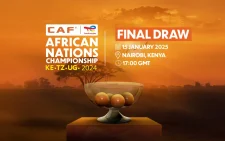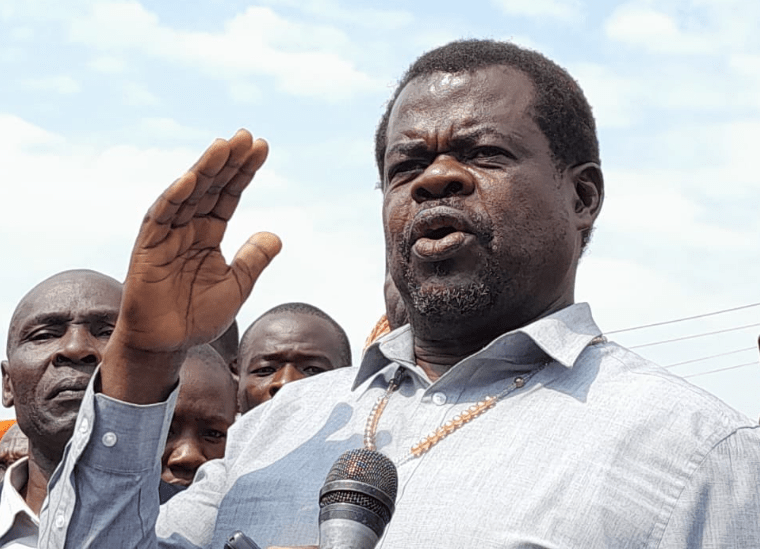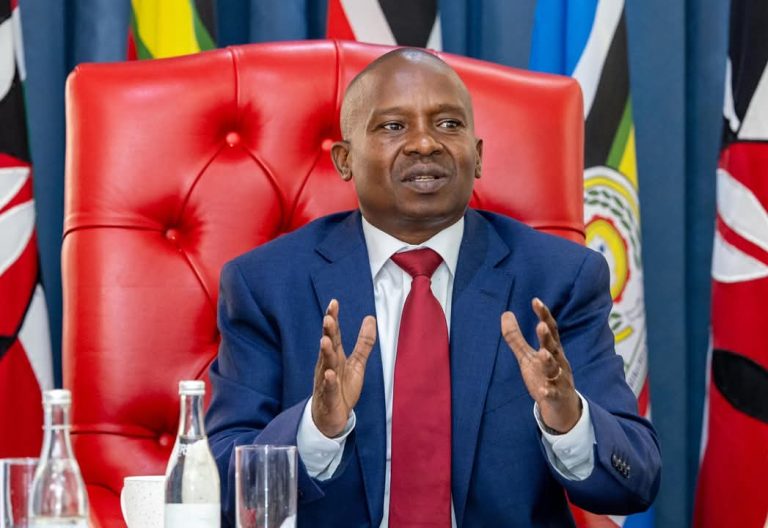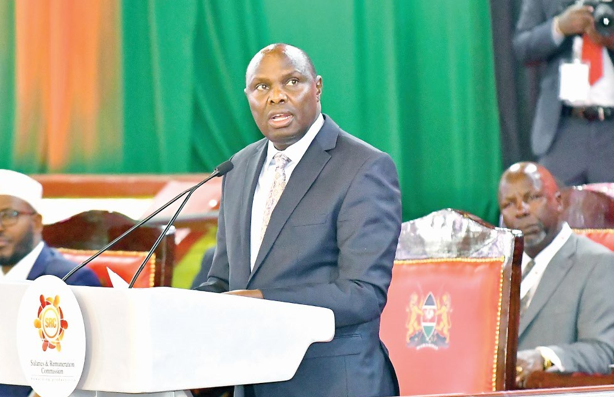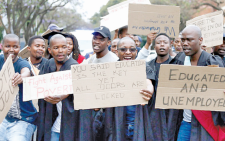Making agriculture profitable and cool
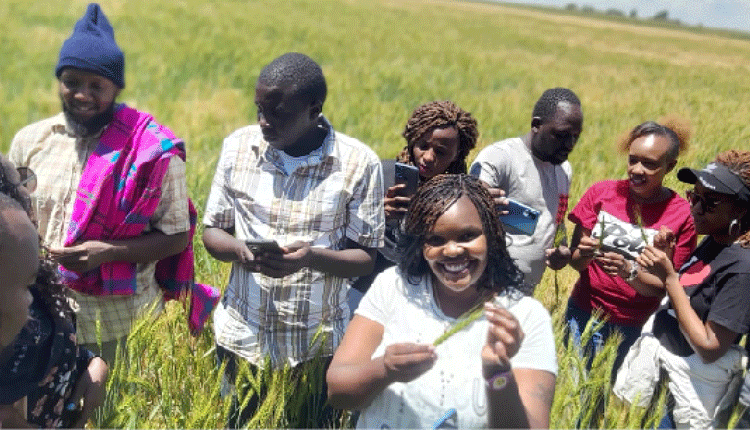
BERNARD SIGEI
Redundancy is one of the most contested and controversial aspects of employment as in most cases it arises from factors that are outside the control of the employee.
And it is not a reflection of the ability or inability to do the job, or lack of higher education which has kept millions of youth out of decent jobs.
However, like it is said losing your job is not the end of the world. It’s a chance to find the path you were meant to be on. Life does go on after a job loss.
This fact is exemplified by the many small-scale farmers currently being trained by Wangare Kuria, an MA in business management graduate and who herself got laid off from a well paying job in a reputable company.
After being laid off, Wangare better known as Farmer on Fire, decided to call formal employment quits. She opted to pursue a childhood dream: Being a farmer.
Speaking at their sizeable farm in Kitengela, Kajiado County, she said she decided to dedicate all her energy to farming which had been her fantasy since she was a little girl and intersperse it with training of small-scale farmers.
“I used to see what my mother would do in the family farm and always gave a hand and realised it brought in good money after the produce were traded,” Wangare says.
Wangare says whenever visitors came to her home to be shown how to plant crops like kales she would insist she does the training using skills she learnt from her mother upcountry.
Currently on the farm, she has a couple of projects like veggies from lettuce, spinach, silver beet, onions, garlic among others. She uses organic fertiliser mostly because it’s less expensive.
The vibrant farmer decided to train on regenerative agriculture to upcoming and already established farmers starting with her immediate neighbours, the Maasai.
According to Wangare the practice taking rehabilitation approach to food and farming systems and taking a more intentional move on topsoil rejuvenation.
It aims at increasing biodiversity, improving the water cycle, enhancing ecosystem services, increasing resilience to climate change and strengthening the health and vitality of the farm soil.
“The pastoralist communities have large tracts of land but unfortunately due to low rainfall all year round and lack of proper education on farming techniques the residents face avoidable lack of food in some seasons,” she reiterates.
According to her, the organic manure is in plenty in this area because of the large herds of cattle kept by the community where waste of (cattle, rabbits, chicken, and dog) grass cuttings, trees trimmings produce excellent organic material and should not go to their already strained pockets to buy fertilisers from the shops.
“If they learn this skill at home, they could save money as well as conserve the environment.” Wangare adds.
Water being a challenge for many in her area, she encourages farmers to harvest the rainwater and store it in an underground-constructed underground tank.
Many, especially with the limitation of space can concrete on top and get a cool reservoir for their water from the existing roof of their houses.
Water tanks are good and accessible however Wangari’s idea, keeps the water cool, clean and evaporation free.
Outside her home area, Wangare and likeminded group of farmers traverse all parts of the country and regionally to hold summits sensitising farmers and showcase what other small-scale farmers like her are doing.
She uses various social platforms including youtube channel to give much-needed skills to all interested farmers who cannot go physically to the summits.
“Mostly we counsel small-scale farmers on how to prepare their lands and the best quality of seeds to use depending on what they want to plant on their farms as well as guiding them through all the stages of taking care of the crop up to marketing point and linking them to financiers,” she says.
She advises farmers that to get maximum profit from their produce they first must do thorough market research and look for customers prior to starting the activity.
One can go to supermarkets or markets and talk to people who buy produce in bulk and ask them if they will be his/her customers should he/she decide to produce one crop or another.
In boosting nutrition of the community health. she says, quantity and quality food sources should be considered and to make the idea practical, vertical or sack gardening should be established somewhere shaded within the home and well fenced.
Wangare uses her growing digital influence like youtube, twitter and LinkedIn to connect the farmers to buyers and does advocacy of small-scale farmers in the country.
She is intentional in working with people with disability so that no one is left behind in the effort of steadying the crippling economy through farming which is depended by over 70 perc ent of Kenyans.
